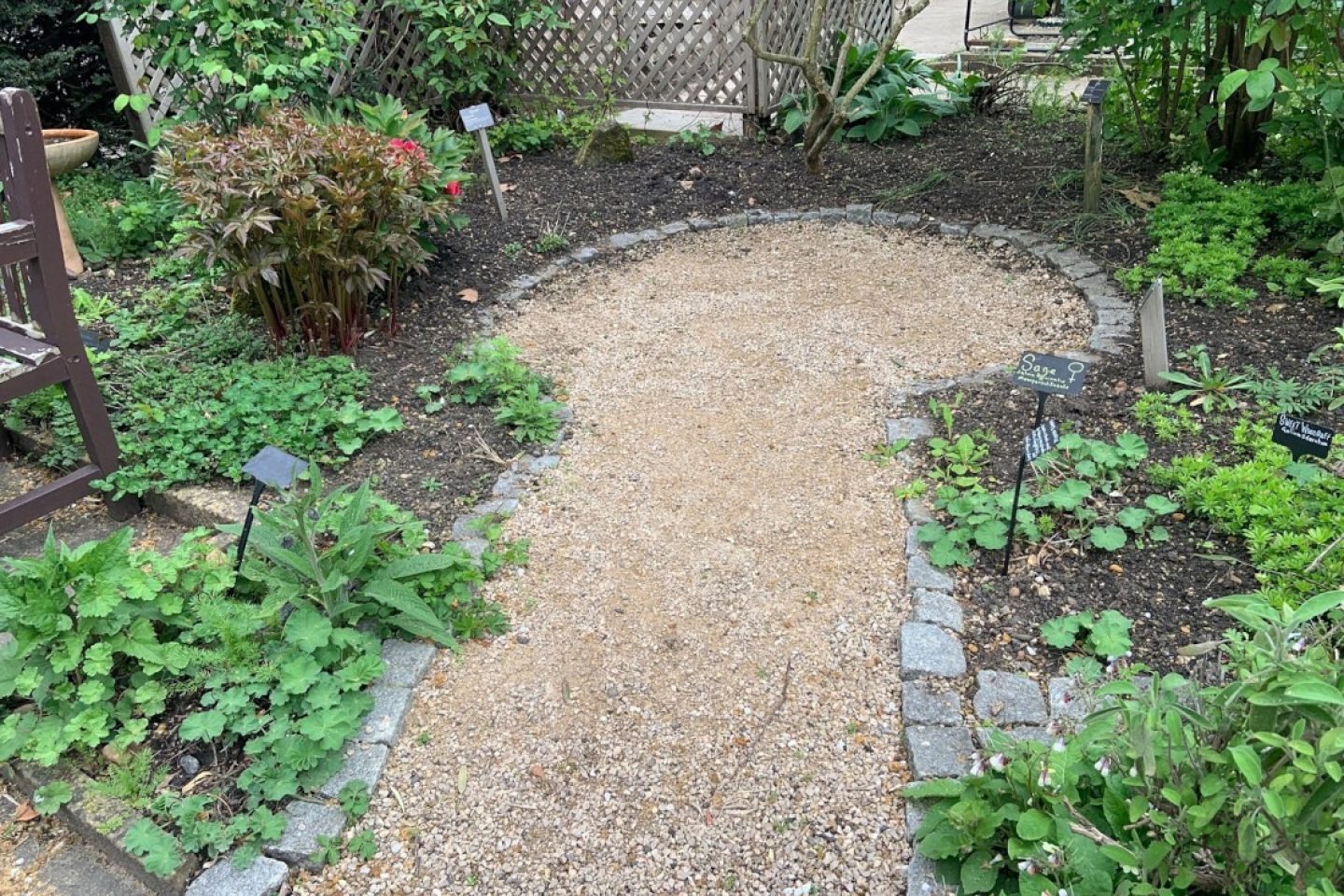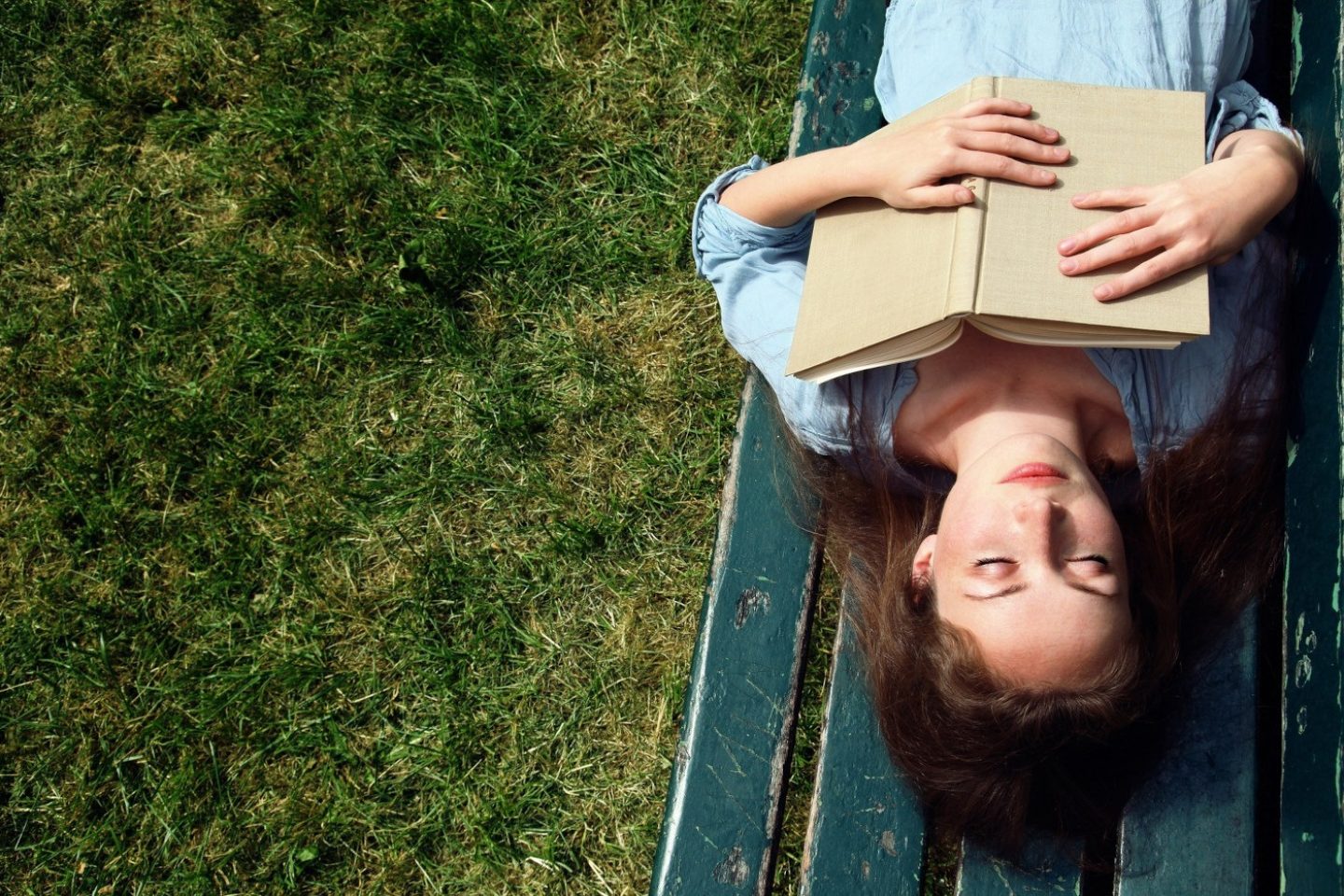Menopause and perimenopause affect a huge number of people. Some estimates suggest 13 million women in the UK are currently experiencing either one.
Menopause generally takes place between the ages of 45 and 55. For some it happens earlier, either naturally or sometimes as the result of certain surgeries or cancer treatments. The perimenopausal stage comes anything between a few months or as much as 10 years before this.
Menopause and perimenopause can cause a wide range of symptoms. These can vary greatly from person to person. Government research suggests around three-quarters of women experience some symptoms and a quarter severe symptoms.
Some commonly experienced symptoms include:
- Mental health symptoms (low mood, anxiety, low self-esteem, problems with memory and concentration)
- Hot flushes
- Difficulty sleeping
- Muscle aches and joint pains
- Changing body shape and weight gain
How long these last is also different for each person. Dr Louise Newson, Menopause Expert and founder of Balance app, reports patients with symptoms lasting between a couple of years up to 30+ years.
Gardening and menopause
If you are going through perimenopause or menopause, you may well have had contact with your GP. Around 15% of women in England aged 45-64 are currently prescribed Hormone Replacement Therapy (HRT) to help with symptoms.
Alongside medical support, there are many ways to support your wellbeing throughout this time.
“Perimenopause and menopause can have a real impact on a woman’s mental health,” says Dr Louise Newson. “As well as looking at treatments for symptoms with HRT, it’s really important to take a holistic approach to the menopause, and that includes exercise and taking care of your mental health. That’s where gardening can come in.”
At Thrive, we have been promoting gardening for health for decades. Scientific research supports the benefits it can have for mental and physical health. You don’t need a large garden, or even a garden at all, to get these benefits. A balcony or windowsill works just as well.










